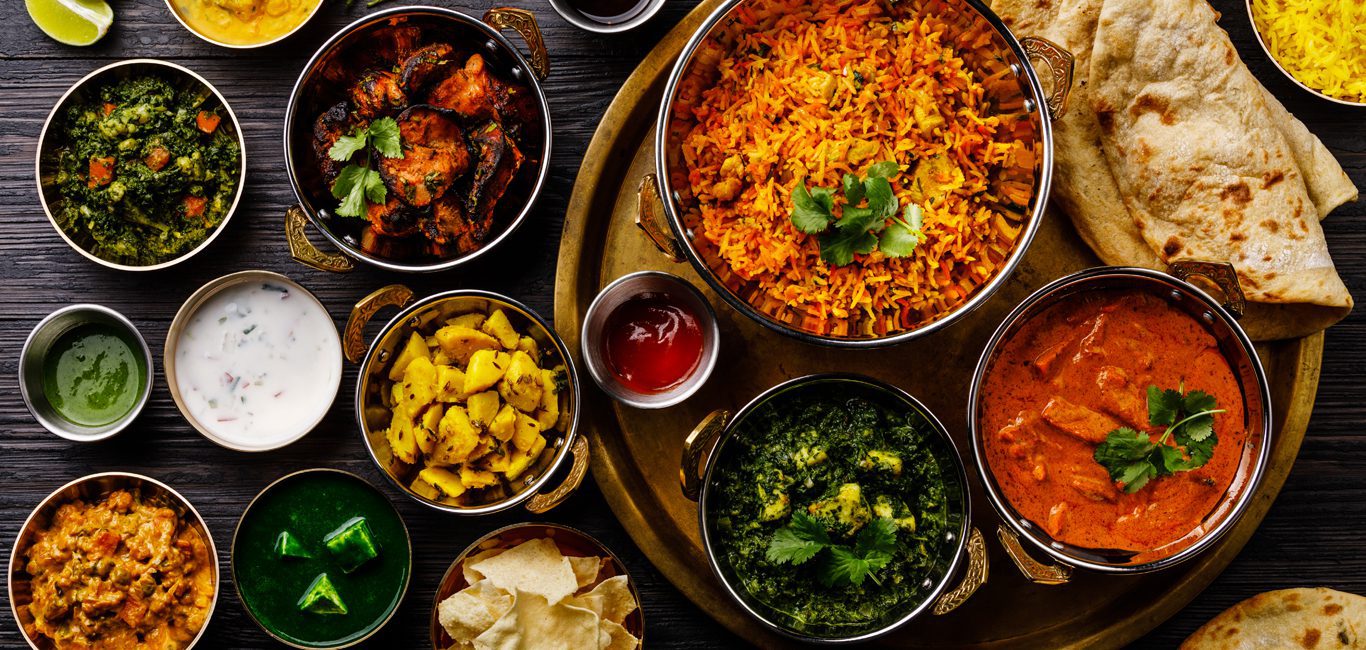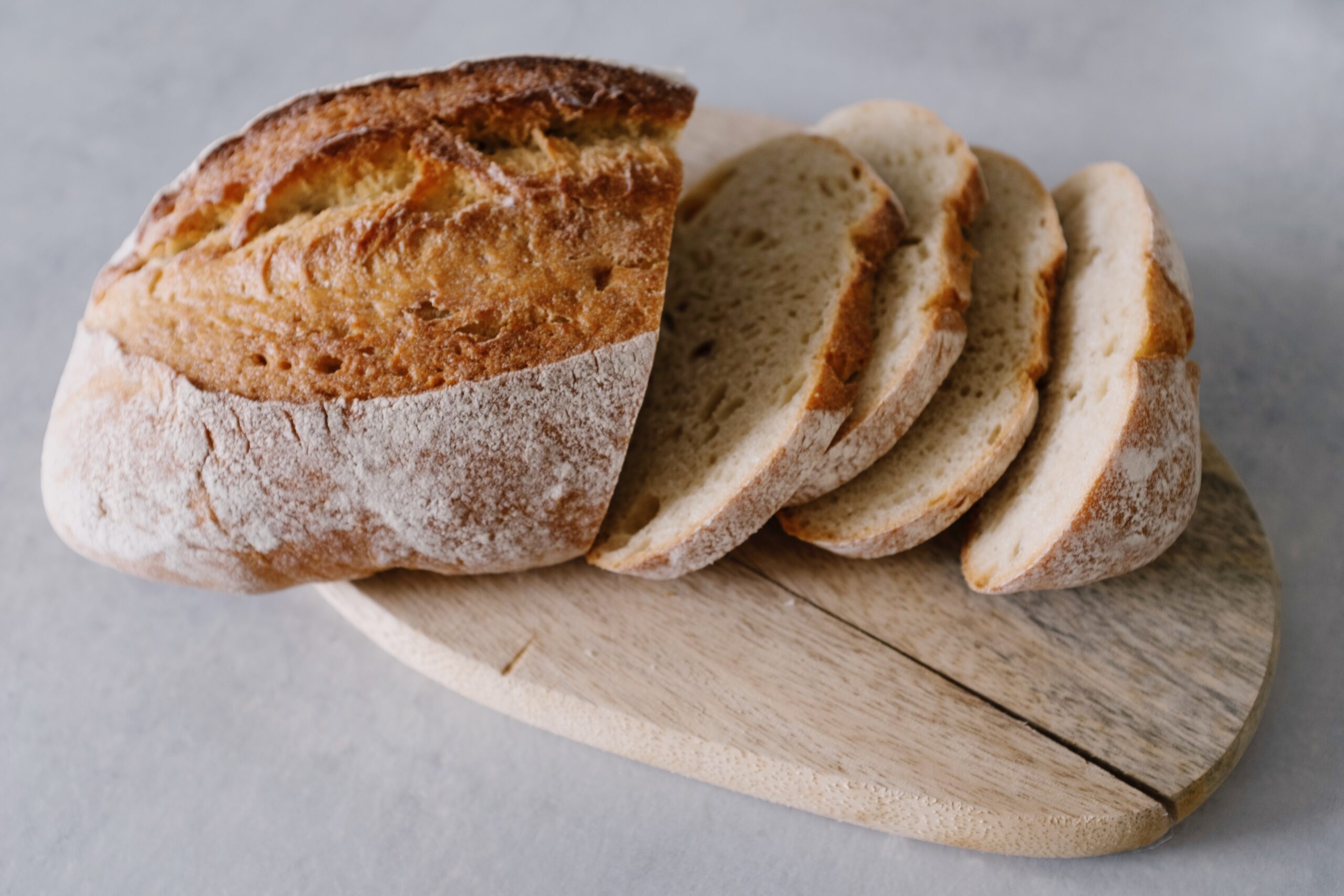There are a lot of things that can affect the health of a fetus during its development. One of them is food. It’s important to remember that your diet affects how well you and the baby develop. If you want to ensure healthy pregnancies, then it’s best to stick with natural and nutritious diets.
If you are looking to get pregnant, you need to know which foods can cause problems. Pregnant women who consume too much caffeine or alcohol will put themselves at risk for developing high blood pressure. They may also be more prone to other complications, such as preterm labor.
It’s not just about what you eat though; there are certain vitamins and minerals that can help. For example, folic acid is known to prevent neural tube defects in babies. A deficiency of this vitamin can lead to a number of serious birth defects, including spina bifida, cleft lip/palate, and anencephaly.


What Are the Symptoms of a Miscarriage?
You may be wondering whether or not you can eat while pregnant. If so, then you should know that this isn’t true. There is no such thing as a food that will induce a miscarriage.
However, there are foods that might make your pregnancy more difficult to handle. This includes caffeine, alcohol, and certain vegetables. So, if you’re thinking of eating these kinds of foods, you need to avoid them.
If you want to learn more about what you can and can’t eat while you’re expecting, then you’ll find the information below helpful.
There are several different ways that you could end up with a miscarriage. You may have a spontaneous one, or you may get one after a period of time. Either way, you should try to figure out what’s causing your condition. Here are some things that you can do.
1. Have regular checkups. Your doctor will likely recommend that you visit him or her at least once every two weeks. During this appointment, he or she will perform an ultrasound to look for signs of a problem.
2. Don’t smoke. Smoking is bad news for your baby, and it also makes it harder to carry around all of the extra weight that you gain during pregnancy.
3. Eat healthy. Eat healthy food and avoid foods that can produce heat inside your body or can cause damage to the fetus.
What Are Some of the Causes of Miscarriage?
Miscarriages happen when a woman loses a pregnancy before she gives birth to a baby. There can be many reasons why a woman might lose her child. Here are some of the most common causes.
An ectopic pregnancy happens when the embryo implants itself outside of the uterus. This is usually caused by the fertilized egg traveling through the fallopian tubes rather than the uterine cavity.
A chemical imbalance can cause an early miscarriage. For example, women who have high levels of certain hormones in their bodies may end up miscarrying.
Certain medications can also lead to miscarriages. In some cases, taking the wrong medication will result in a miscarriage.
If you’re pregnant and are worried about whether or not you’ll get your period, then you should talk to your doctor. If you don’t start menstruating, it could mean that your body is no longer producing enough progesterone.
You shouldn’t worry though. It’s quite common for women to go without a period for several months after giving birth. This is because the hormone production is reduced. However, once you do begin having periods again, they will likely return just fine.
How to Deal with a Miscarriage
Miscarriages can be very painful experiences. You might feel like you have lost everything that you worked so hard to achieve. This is why you need to know how to cope with this type of situation. Here are some ways in which you can handle your loss.
First of all, you should try to accept the fact that you will never get pregnant again. There are many reasons for miscarriages, and you cannot control them. If you want to move on from this experience, then you should focus on other things in life.
You shouldn’t dwell on the past, but instead, you should look forward to the future. Your family and friends can help to support you through this difficult time.
If you’re struggling to come to terms with your loss, you could start by talking to someone who has gone through a similar experience. You may also find it helpful to talk to your doctor.
Another way that you can manage the pain of miscarriage is to eat foods that will induce the process. For example, you could drink plenty of water or take supplements. These will ensure that there are no blockages in your body.


What Foods Can Induce a Miscarriage?
These are some of the foods that induce miscarriage in some women, especially if the food is taken too frequently.
1. Spicy foods
One of the most common causes of miscarriages is spicy foods. Some women experience severe cramps or vaginal bleeding, which results in a miscarriage. So, avoid these foods and opt for milder ones.
2. Beans and legumes
Legumes can also cause miscarriages, especially when consumed in large quantities. These beans are very high in protein and contain a substance called phytate, which can result in a miscarriage. So, you need to keep the consumption of legumes low and stick to the recommended serving size.
3. Salt
Some women find that salt can induce a miscarriage. They need to avoid eating foods that have lots of salt in it. And, if you want to know if something contains lots of salt, you need to look out for high amounts of sodium chloride.
4. Alcohol
When you consume too much alcohol, the level of estrogen can drop significantly, which can result in a miscarriage. So, it is recommended that you limit your intake of alcohol if you are trying to get pregnant.
5. Pesticides
Certain pesticides can also result in miscarriages. Certain pesticides like lindane and diazinon may also trigger a miscarriage. This is because the pesticides kill the fertilized eggs.
6. Cigarettes
According to research, smoking cigarettes can contribute to miscarriage and may cause a loss of an embryo. This may result from the toxins, such as nicotine and carbon monoxide that are found in cigarettes.
7. Aspartame
Aspartame is a commonly used artificial sweetener. It can cause headaches and migraines in some people. There are even studies that show that it can cause infertility, miscarriage, or birth defects. However, the FDA doesn’t regulate the levels of aspartame that manufacturers can use in their products.
8. MSG
If you eat food with a lot of MSG, the amount of estrogen in your body will increase. This can contribute to a miscarriage, so you need to stay away from MSG-containing foods.
9. Fatty foods These foods are high in fat and contain a lot of calories. These can make you gain weight easily, which can cause a miscarriage.




